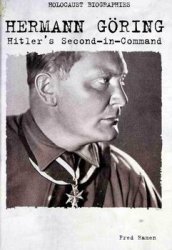The practice of philosophy at medieval universities was intimately connected to its teaching programme, the keystone of which was a standard set of texts that were read and commented upon in the classroom. These texts also determined the division of subjects treated at the Arts faculty. In their classes, masters did not so much discuss general philosophical topics, like epistomology or philosophy of science, as they read and commented upon standard books such as Aristotle’s Physics or Metaphysics, which were discussed again and again over many years, each time by new masters. They did not always read the complete works, but only significant parts of them, and here again standard practices were followed. As a rule, for example, the first book of Aristotle’s On the Soul was left out, as well as the thirteenth and fourteenth books of his Metaphysics.
It was around the middle of the thirteenth century that the corpus aristotelicum became the root of the syllabus. Of course each master had his own focus when reading the texts. For example, in the fourteenth century much more stress was placed on methodological issues than in the thirteenth and fifteenth centuries. However, the starting point for their philosophical reflections was always the same. Apart from the works of Aristotle, a number of others’ texts were commented upon, such as those of classical authors like Boethius and Euclid, and those of medievals like Albert the Great and Marsilius of Inghen. However, precisely which and how many of these texts were taught varied in the syllabi of the different universities.
Because teaching focused on standard texts, these were instrumental in determining the issues to be dealt with by the master. Thus, it could happen that one and the same subject would be treated in different classes by different masters, depending on the texts being read and the interests of the master. For example, the nature of universals was not only dealt with in commentaries on the opening of Porphyry’s Isagoge, which was the locus classicus, but also in those on the first book of the Physics, where Aristotle said that man first has general knowledge and only afterward particular, as well as in those on second book of De anima, in which Aristotle argued that univer-sals are the object of the intellect and particulars that of the senses.
This is not as chaotic as it may seem at first glance, since the structure of the corpus aristotelicum was stable, remaining the same over the years at all universities. For modern research this has the advantage that it is relatively easy to locate and identify the topics that were discussed in the different commentaries on Aristotle and to make comparisons between commentaries written at different universities at different times.




 World History
World History









